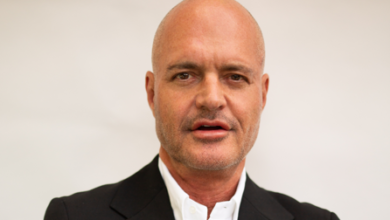Burberry builds on climate commitment with new biodiversity strategy
The company’s biodiversity strategy will ‘expand the scope of its current initiatives’, applying a nature-based approach in its own value chain and in areas of ‘greatest’ need beyond its operations

Burberry has announced its biodiversity strategy to support global conservation efforts, adding it will “take action to protect, restore and regenerate nature, helping to slow further global warming”.





